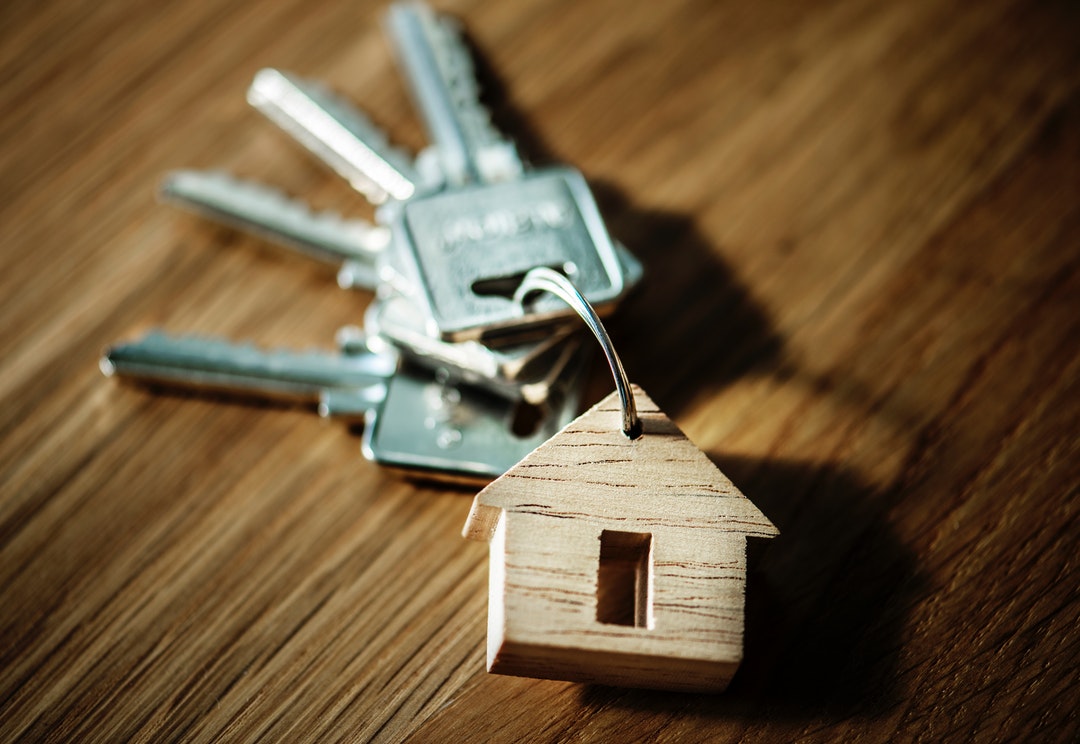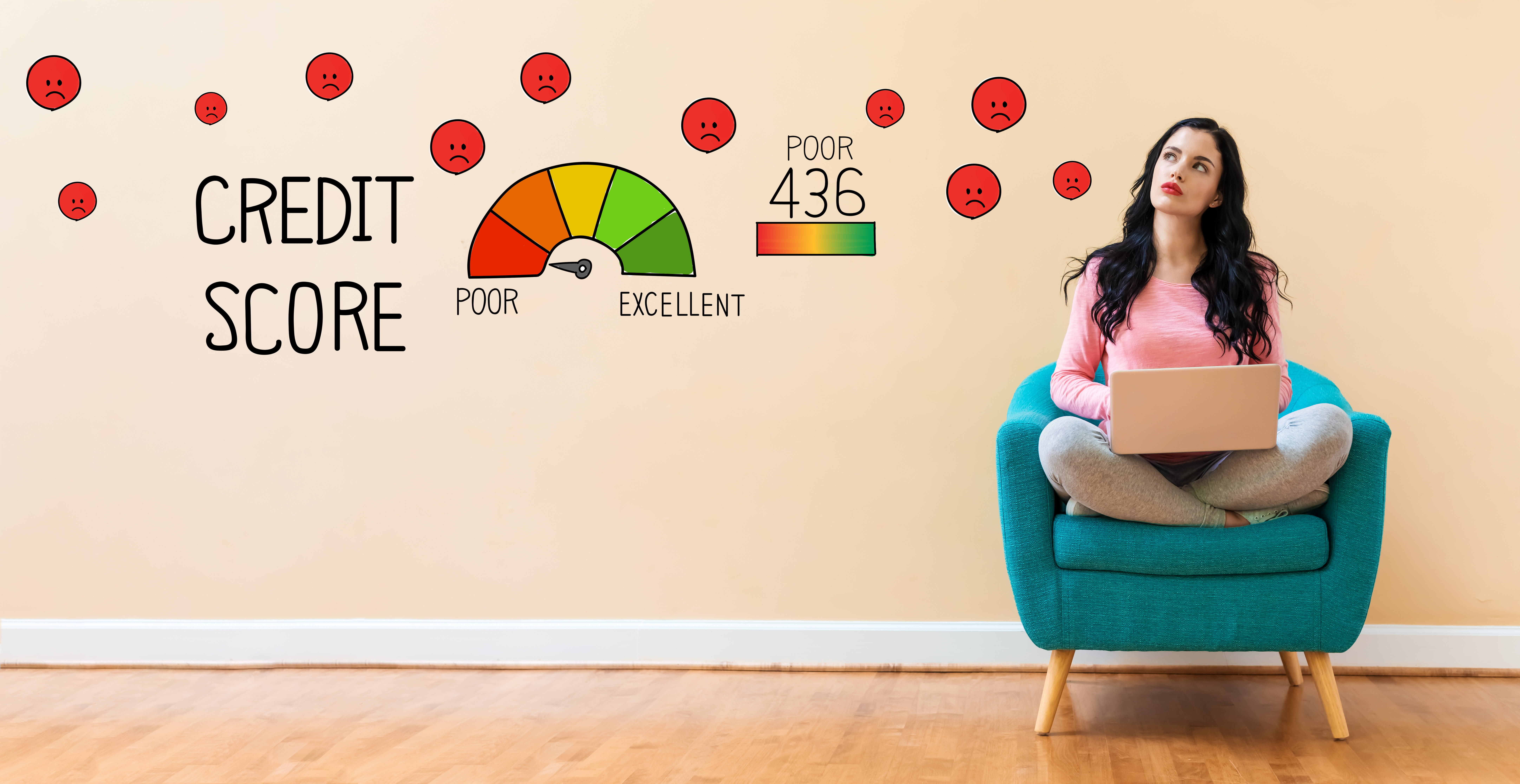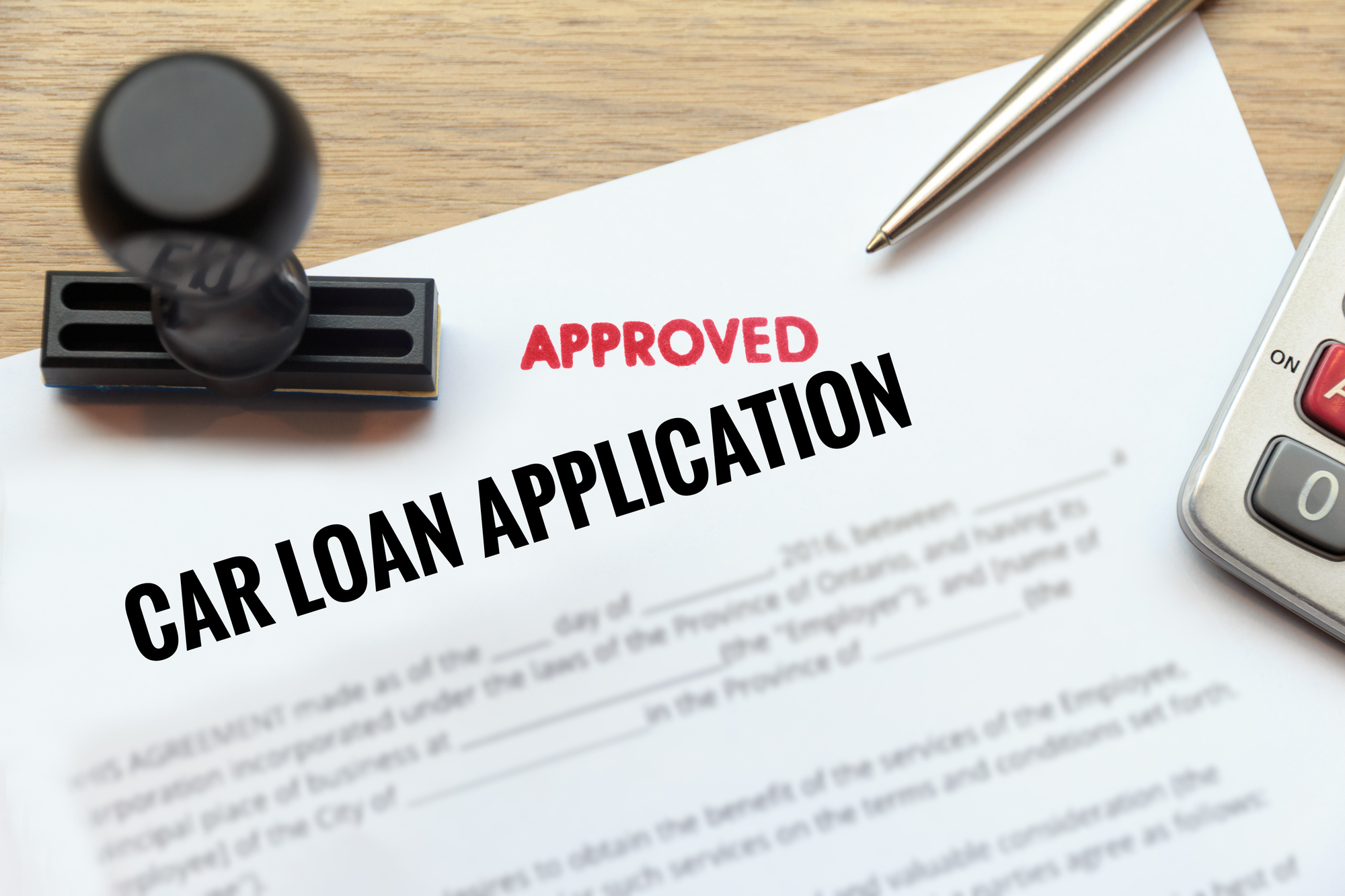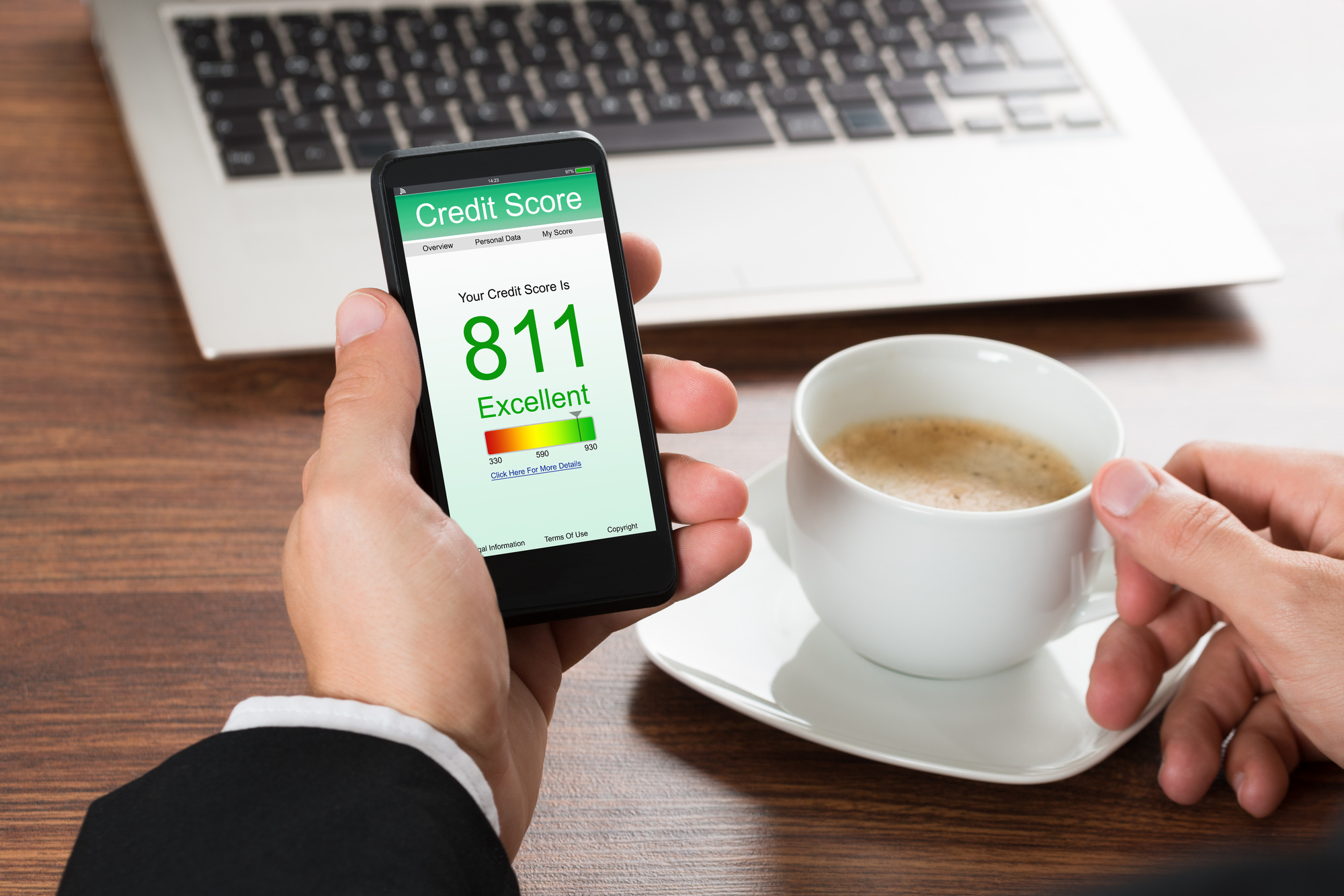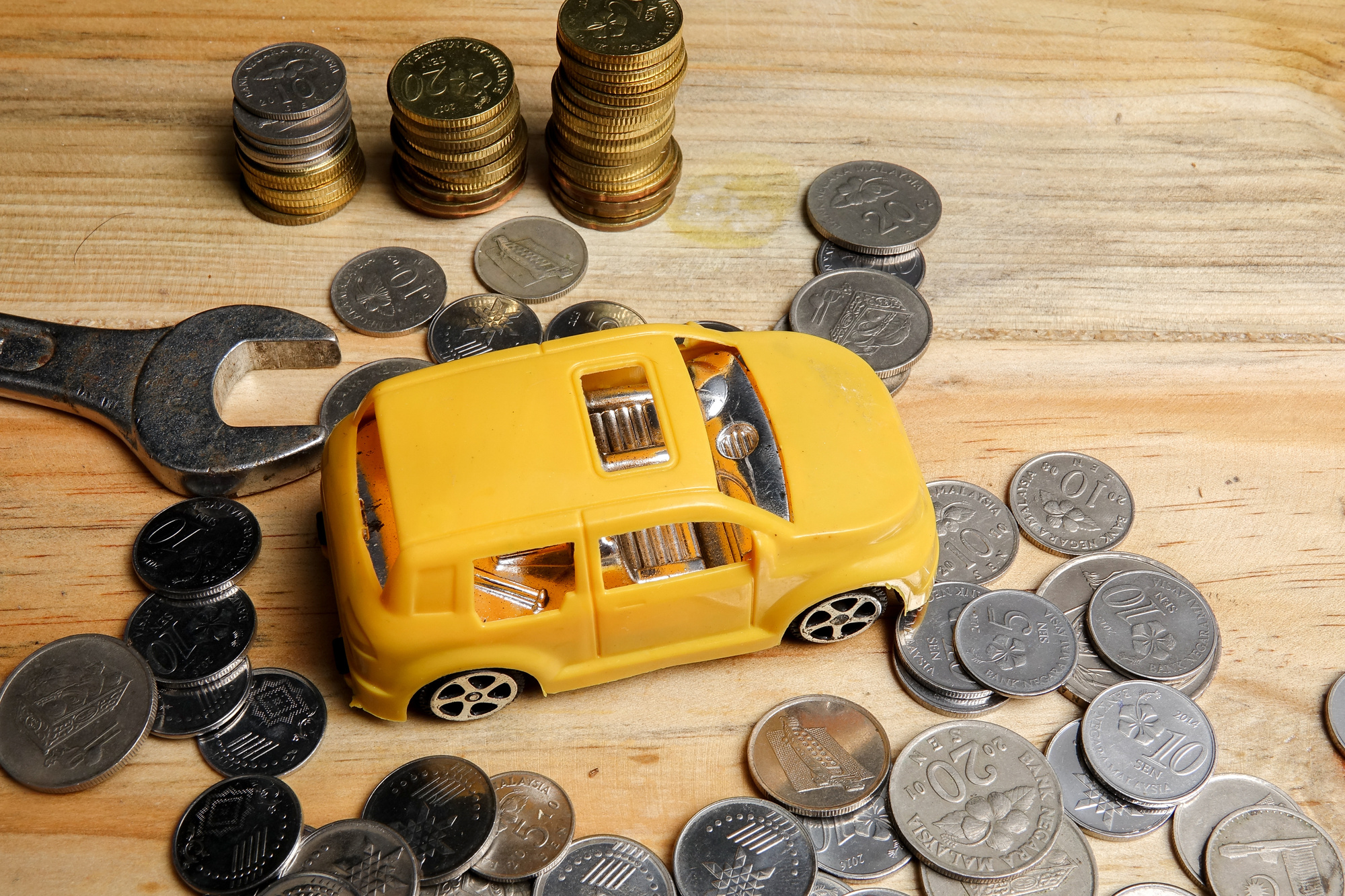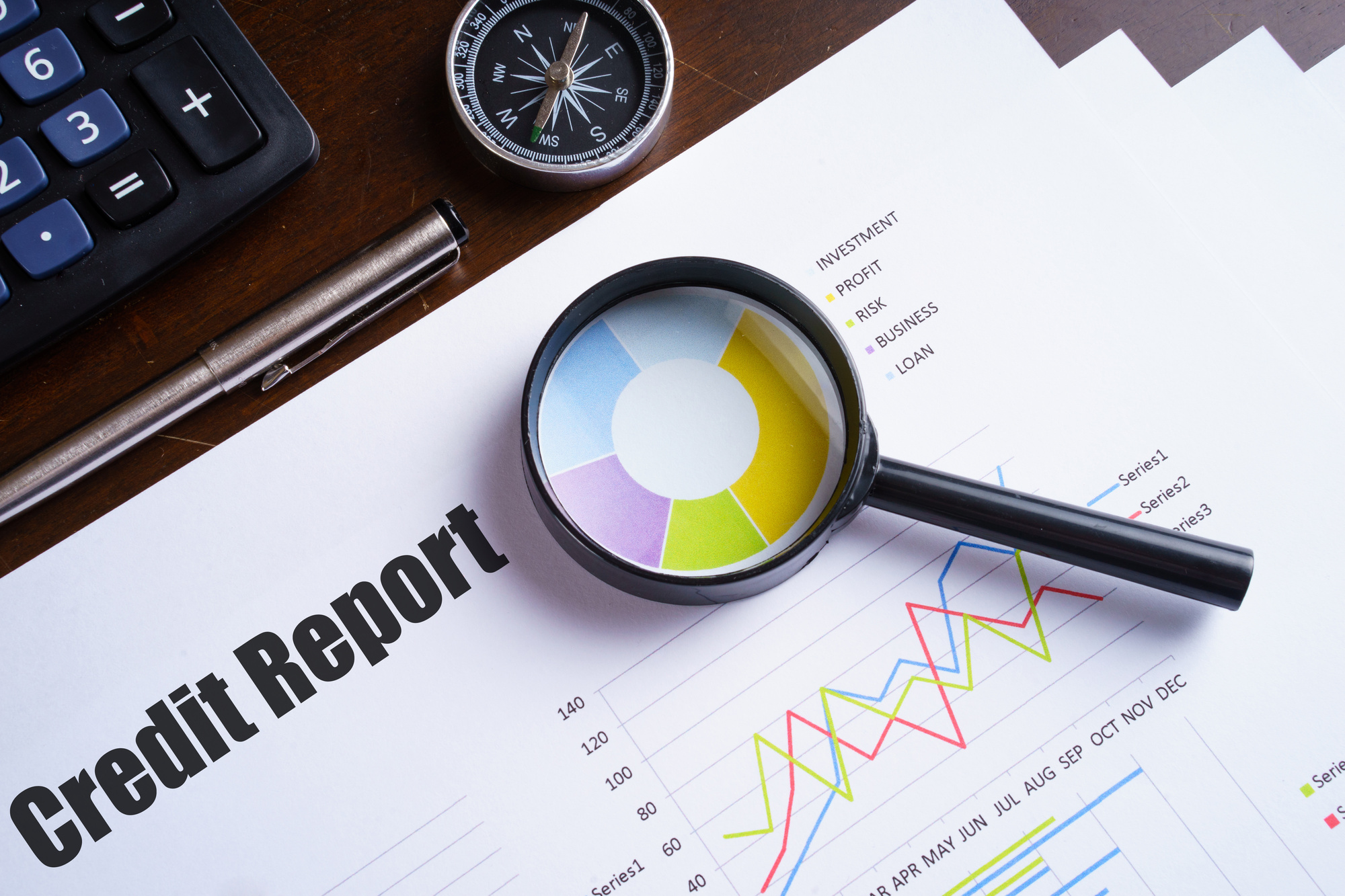What is a Good Credit Score to Buy a House?
If you’re thinking about buying a home, make sure all your financial ducks are in a row.
Perhaps the biggest item to focus on is your FICO credit score. This score will be used by lenders to determine your loan worthiness and the interest rate you get. The better your credit score, the lower your interest rate will be.
The impact your credit score has on your payments cannot be understated. Even a half-point difference in your loan rate can result in considerably higher payments.
For instance, a $250,000 loan with a 3.5% interest rate over 30 years will have a monthly payment of $1,123. That same loan with a 4% interest rate is $71 higher each month at $1,194. That’s an extra $25,560 over the course of the loan.
But what is a good score to buy a house? What does your score need to be to get good interest rates?
Read on, because today’s we’re covering everything you need to know about the credit score you’ll need to buy a house.
What Is the Minimum Credit Score You Need to Buy a House
The minimum credit score you’ll need isn’t a hard and fixed number. In fact, it will depend on a number of factors, and some of them are not even directly related to you.
Economic factors, for example, are an important variable that will factor into the kind of score you’ll need to qualify. During the Great Recession and for a period afterward, lenders enforced tight restrictions on borrowers. It was not uncommon for applicants with excellent credit scores of 720 and above to be turned away.
Fortunately, the real estate market has improved in recent years. Lenders have relaxed their lending requirements. As a result, the minimum credit score you’ll need to qualify is much lower than it was in 2008.
What credit score you need is really going to depend on the type of loan you apply for.
Here are a few basic guidelines to consider.
The average credit score you’ll need to qualify for a house is approximately 600.
If you apply for an FHA loan, you’ll be required to have a minimum credit score of at least 580. That is the lowest score you’ll be expected to maintain to buy a house.
Fannie Mae and Freddie Mac back conventional loans, and to qualify for those, you must have a credit score of 620 or above.
This should give you a general starting point to work from as you get ready to buy a home.
What Is the Ideal Credit Score for Good Loan Rates
Here’s a general credit rating chart that is practical for most uses.
- Poor credit: 300-579
- Fair credit: 580-669
- Good credit: 670-739
- Very good credit: 740-799
- Exceptional credit: 800+
While some lenders have different score ranking models, they generally follow this guideline fairly closely.
Credit Score of 300-499
Scores in this range leave you with rather limited options. Unfortunately, you will not be able to qualify for any loans on your own.
The best option if you have a credit score below 500 is to have a family member or friend purchase the home and add you to the title. Once your credit has improved you can try to refinance the loan into your own name.
Credit Score of 500-579
Those with a FICO score between 500 and 579 can qualify for loans backed by the Federal Housing Administration (FHA). However, the FHA will require a 10% down payment. It’s also important to note that all outstanding collections and judgments must be paid in full before closing.
Credit Score of 580-619
As your score gets higher you’ll find more favorable terms. With a score of 580 and above, you can qualify for an FHA loan with only 3.5% down. 580 is a good starting goal for your credit score in order to buy a home without having to come up with 10% down payment or more.
Credit Score of 620-699
We’re starting to see more lending options at this point. Most lenders will consider you for a Department of Veterans Affairs (VA) backed loan with a credit score of at least 620. VA loans usually have outstanding interest rates and they do not require a down payment.
The United States Department of Agriculture (USDA) also backs loans for those with credit scores of 620 and above.
620 is also the entry point for most conventional loans, opening the door for you to many different mortgage loan options.
Credit Score of 700-739
Having a credit score of 700 and above will help you qualify for higher value homes which require “jumbo” loans. You’ll also qualify for much better interest rates.
Credit Score of 740-850
No matter the scoring system employed by most lenders, 740 is generally considered to be the crossover point from good to excellent credit.
Borrowers with excellent credit get the very best interest rates. They also pay up to two-thirds less on their private mortgage insurance (PMI), thereby lowering your monthly payment considerably.
How to Improve Your Credit Score
If your credit score needs a little work, don’t despair. The good news is you can raise your credit score fairly quickly. Stick to a credit repair process to help you purchase a home.
Get a free copy of your credit report and fix any mistakes which are bringing down your score.
Continue to make payments on time each month to gradually improve your credit score.
One of the best things you can do to quickly raise your score is to lower your debt-to-credit ratio to 30% or less if possible. In other words, if your total available credit is $5,000, make sure you don’t owe more than $1,500 total.
The Bottom Line
As a general guide, 580 is the lowest credit score you’ll need to qualify for an FHA loan to buy a house.
A credit score of 620 and above will open you up to more government-backed loans and conventional loans. FICO scores of 700-739 will yield much better interest rates while scores above 740 will lower your PMI and offer the lowest rates possible.
Credit scores are not the only factor which goes into qualifying for a home loan. Debt-to-income ratio, employment stability, and the down payment amount are also important loan qualification variables.
What a credit score does is signal to the lender how likely you are to pay back the loan and not default. When you have a higher score, you’re considered less risky as a borrower. When lenders consider you a safe risk, it makes it easier for them to qualify you and give you favorable interest rates.
If you found this article helpful, please check out our credit repair blogs.

